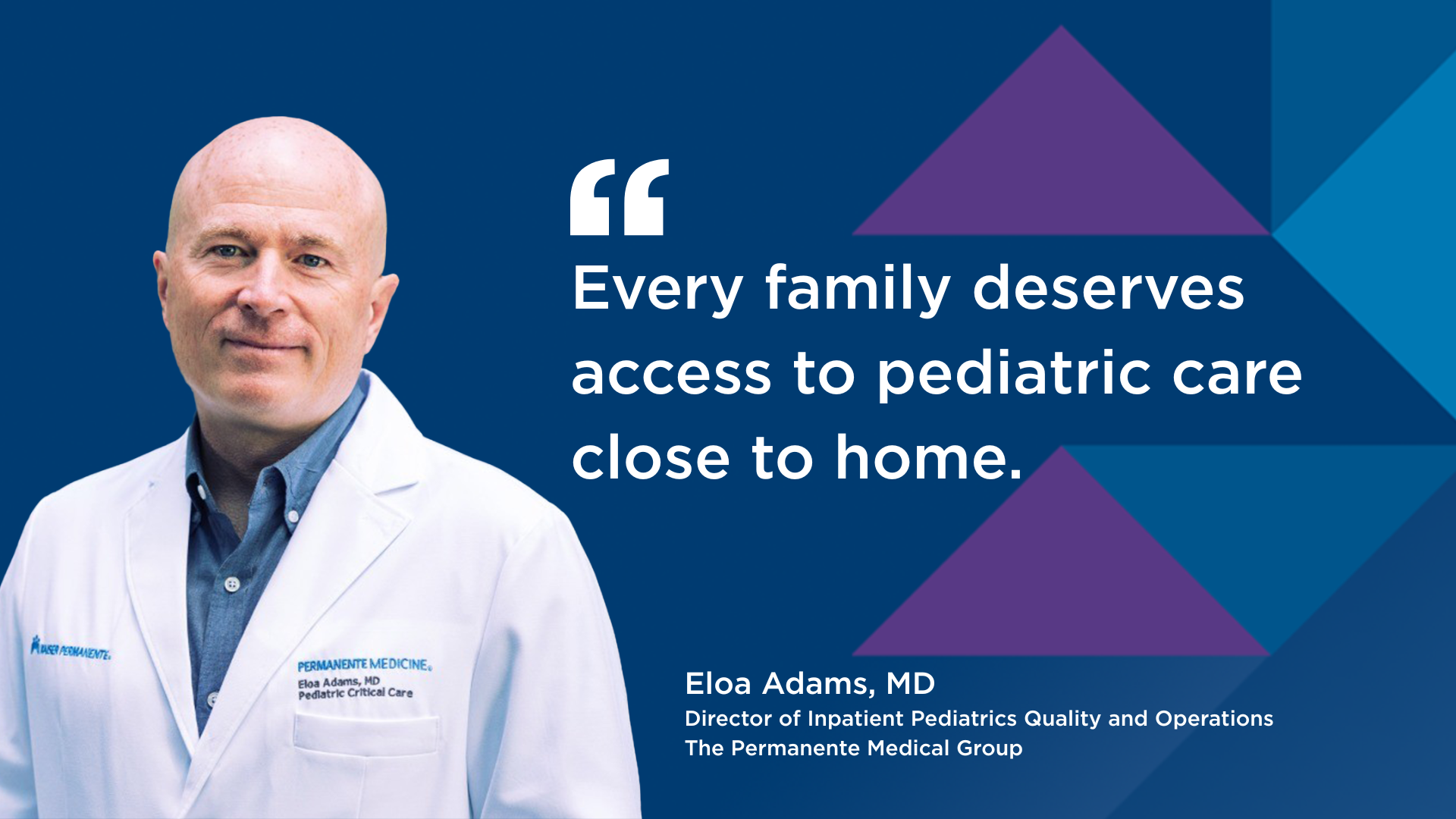Permanente Medical Groups led the U.S. in 2025 HEDIS rankings for preventive care, specialty care, chronic care, and behavioral health care.

Genetic counselors provide expert services, education, and support
Each year, millions of people undergo genetic testing to learn more about their risks for certain inherited diseases, or if they were born with a genetic variant that could lead to cancer. When patients need state-of-the-art genetic counseling services, they can turn to our team of experts.
Genetic counselors at Kaiser Permanente are licensed professionals in clinical and laboratory genetics who help patients understand genetic testing and its impact on their health and that of their family members. They assess genetic risks, educate patients, and contribute to shared decision-making between doctors and patients. Genetic counselors are at the forefront of innovations in patient care, genetic testing, and research, and they play a critical role in personalized health care.
“Genetic counselors constantly innovate care delivery for the benefit of Kaiser Permanente members, patients, and the Permanente Medical Groups,” says Nancy Gin, MD, executive vice president and chief quality officer for The Permanente Federation.
Related expert genetic counselor article: An integrated care approach to genetic testing and counseling
At Kaiser Permanente, genetic counselors work with physicians and patients to:
- Collect and interpret patients’ personal and family medical histories
- Discuss the risks, benefits, and limitations of genetic testing
- Order and interpret the results and implications of genetic testing for patients and their families
- Provide emotional support to help patients deal with the effects of genetic risk or identified health condition on their lives
- Refer patients to appropriate specialists to manage their conditions and help communicate this information to family members who might also be at risk
“Over 6,500 certified genetic counselors practice in a variety of health care settings across the United States, and Kaiser Permanente employs about 150 of them,” says Monica Alvarado, MS, licensed certified genetic counselor and regional genetic services administrator for the Southern California Permanente Medical Group. “That’s about 2% of all genetic counselors in the United States.”
How genetic counselor experts help support precision medicine
Genetic counseling is at the forefront of the evolution of precision medicine, an emerging approach for disease treatment and prevention that considers individual variability in genes, environment, and lifestyle.
At Kaiser Permanente in Southern California, for example, genetic counselors work with oncologists and other cancer experts to help identify if certain cancer diagnoses are linked to hereditary cancer. Permanente oncologists began ordering tumor genetic testing to help identify the best therapy options based on the genetic profile of each tumor. In some cases, these tumor tests may also reveal a genetic variant that could be linked to hereditary cancer. That’s when the expertise of genetic counselors comes into play. They partner with the oncologists to ensure that these patients are offered testing for hereditary cancer. If test results are positive, the genetic counselors meet with the patients to explain the implications for both the patient and their blood relatives, which could be profound.
Related genetics article: Precision medicine, genomics, and the promise of personalized care
Trevor Hoffman, MD, regional chief of Genetics at Southern California Permanente Medical Group, estimates that this program identifies 50-100 patients per month who might have a hereditary cancer risk. “It’s something we can do well because we’re an integrated health care system. I’ve talked to colleagues in other organizations, and many don’t have anything like this available.”
This program illustrates the benefits of having genetic counselors as members of Kaiser Permanente’s Excellence in Cancer Care program and the advantages of our integrated model of care.
Note: For more information, visit Kaiser Permanente’s Genetics page.


